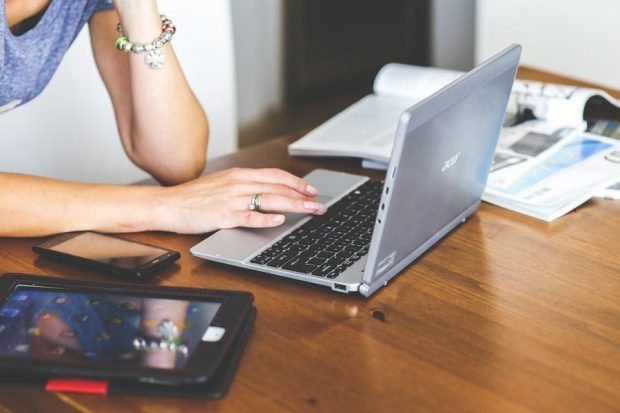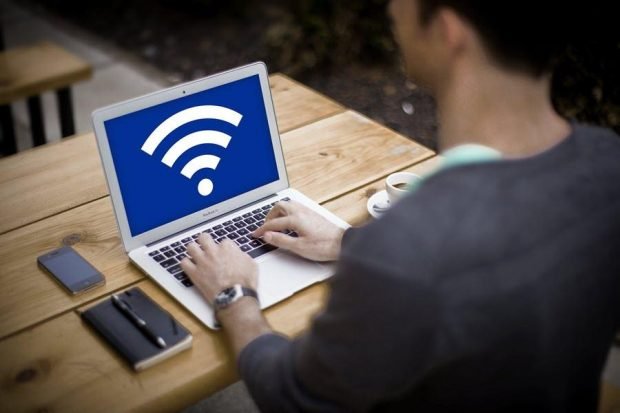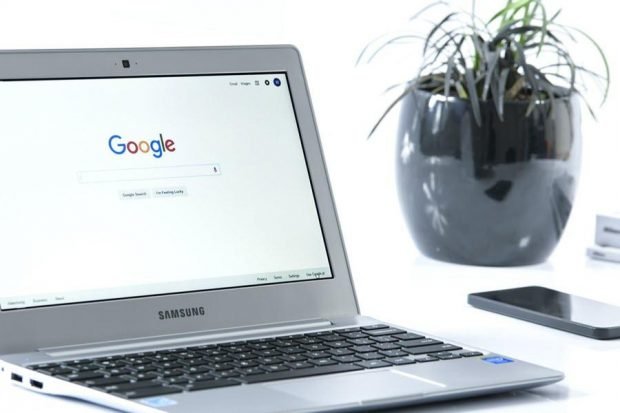Data breach prevention: How to improve your online security?

Cybercrimes have become more common than ever and this demands the need to have proper security protocols in place. If you work from home or spend long hours surfing the web, safeguarding your online and offline accounts is more important.
Securing your online identity and internet activities is not difficult and doesn’t require much effort. You only need to understand how important it is to protect your smartphone and laptop from outside threats.

In this article, we bring together some useful tips to help you ensure that your online accounts and data are safe and secure. So, let’s learn about these practices in detail.
Install antivirus software
First things first, make sure you have an effective antivirus application installed on your computer. More than a hundred types of viruses and malware exist and the way they damage your computer are different.
So, make sure to understand the viruses and the harm they could do to ensure you have appropriate protection in place. Trojan horse programs are meant to steal your personal information while Ransomware encrypts your file and asks for huge payments to unlock them.
Know the tools you download
Downloading excellent software and applications on your laptop can simplify your work. However, don’t forget to check the reliability of sources when installing productivity apps and settings on your computer.
For example, if you are downloading a tool to screen record with sound on mac or capture the screenshot, make sure to get it from a viable source. Flip through all the pages to understand the product and ensure it’s safe to install the product on your device.
Assign strong passwords
To stop hackers from stealing your username and password information, it’s important that you use strong and difficult-to-decode combinations. By using strong passwords comprising letters, numbers, and symbols, you can prevent major online vulnerabilities.
In the digital era, most users have multiple accounts that store personal, financial, and other information. Make sure to assign a unique password to each account to avoid hacking and phishing attempts. This will help you keep your information safe.
Use VPN to browse the internet

Every time you connect to a public WiFi network, make sure to use a VPN or virtual private network. When you connect to WiFi in a cafe, you aren’t aware of the security of that connection, there might be someone accessing your files and data stored within.
A VPN encrypts your network traffic and routes it through a server owned and managed by the VPN provider. VPNs hide your IP address, so it provides your information and browsing history from advertisers and trackers. This way, nobody can snoop over your data.
Use multi-factor authentication
Once you are done with assigning strong passwords to your online accounts, the next step is to set up multi-factor authentication. By doing this, you can add an extra layer of security to your data and devices to avoid security threats.
Anyone trying to peep into your account will need to provide your username and password details along with the one-time password (OTP) received on the registered phone or email id. Since only you have access to your mobile phone, no one can ever log in to your account.
Assign passwords to devices
A passcode prevents others from peeping into your personal devices such as a smartphone, tablet, or laptop when you are not around. So, apply a passcode to your digital device even if it’s not mandatory and optional.
Also, use biometric authentication for robust security. With strong passwords, multi-factor authentication, device passcodes, and biometric security in place, you can ensure that your online accounts and data are secure from online security vulnerabilities.
Clear your cache often

Your browser cache knows and can reveal a lot about your internet activities, so never underestimate the power of cache. Clear your browser cache regularly to keep your data and device safe as well as to prevent external sources to track your online activities.
Saved cookies and saved searches can point to your family information, home address, transaction details, and other personal data. Consider deleting browser cookies and search history on a regular basis to avoid unfavorable consequences.
The conclusion
Maintaining your online security is important and above mentioned steps will help you ensure that your accounts and data are safe. In addition, make sure you pay attention to what you post on your social media accounts, as it reveals much more than you thought.
Make sure to manage your Google privacy as this is the only platform that knows more about you than any other channel. Also, make sure to change your password at regular intervals for better security over the internet.
Hopefully, these security steps will help you to browse the internet without the fear of being hacked.
Posted in: KnowledgeBase
Leave a Comment (0) ↓